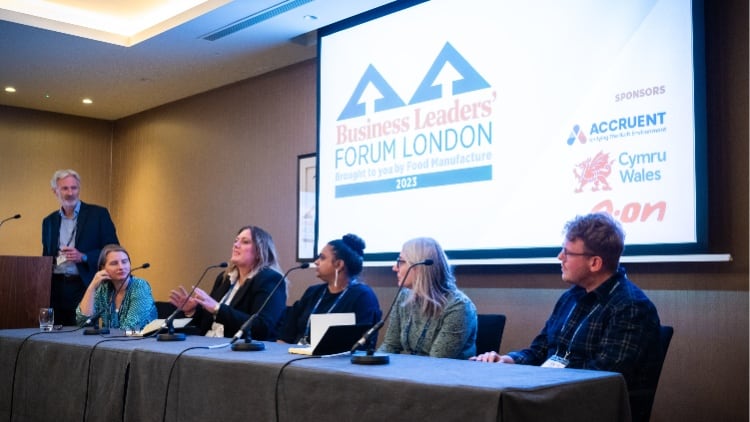The report from the £4.4m Made Smarter Innovation funded, economic and social research council-led network, InterAct, found that pay and benefits, and well-being and flexibility are joint top priorities (both at 90%) when it comes to choosing a role in manufacturing.
These are followed closely by a clean and safe working environment (89%), contractual stability and security (89%), and an employer who listens to people (87%).
Yet, whilst well-being and flexibility are seen as critical attributes, only 42% said they believe manufacturing roles to offer this presently. Moreover, 60% said that they consider manufacturing jobs to be ‘repetitive’ – which could also suggest many deem it to be dull work.
Overall, 64% said they ‘think positively’ about the manufacturing sector compared to other UK industries, with over 80% recognising it as essential to supply chains and the UK’s reputation. However, less than 40% would actually recommend working in manufacturing to family or friends.
The findings also showed that almost two-thirds (64%) believe more women and minority representation in leadership positions will make the sector more innovative. However, 81% agreed that manufacturing employers need to do more to promote wellbeing, with 66% suggesting this would help recruit women and people from minority backgrounds.
The report also examined the public’s thoughts of technology’s influence on manufacturing careers. Artificial intelligence and machine learning are regarded as the tech with the potential to have the most impact (26%), then advanced robotics (22%) and other technologies like 3D printing (17%).
Although we’ve seen scaremongering across media over technology replacing humans, as many as 68% said new tech would be more about upskilling than downskilling. Moreover, over 70% said they believe young people will feel less threatened by new technologies and that investing in ‘younger digital talent’ will lead to increased innovation.
Worryingly, as many as 60% said young people in education aren’t as aware of new and emerging digital careers in UK manufacturing as other industries, suggesting organisations could do more to promote their tech-based advancements.
Meanwhile, in other news, UK small business growth has slowed by 40% over the last 10 years.





